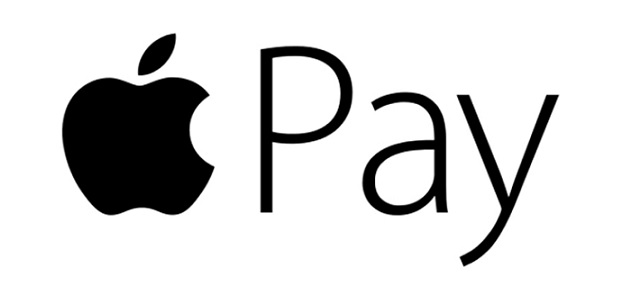
The Australian government said on Wednesday it planned to introduce laws that would empower the central bank to regulate digital wallet providers including Apple Pay and Alphabet’s Google Pay, according to Reuters.
Apple Pay, Google Pay and China’s WeChat Pay are not currently designated as payment systems, putting them outside Australia’s financial regulatory system. The proposed rules would enable the Reserve Bank of Australia (RBA) to monitor digital wallet payments in the same way as credit card networks and other transactions. It would also give powers to the treasurer to order regulators to check if any payment platforms pose risks to the country.
„(The) government is addressing the risks posed by new digital payment services, which are currently unregulated, to protect consumers, promote competition and spur innovation,” Treasurer Jim Chalmers said in a statement.
In a June report, the Australian Banking Association said it was witnessing a „phenomenal shift” in payment preferences in recent years, with the number of mobile wallet transactions in the country surging to 2.4 billion in 2022, from 29.2 million in 2018.
Banking 4.0 – „how was the experience for you”
„To be honest I think that Sinaia, your conference, is much better then Davos.”
Many more interesting quotes in the video below: